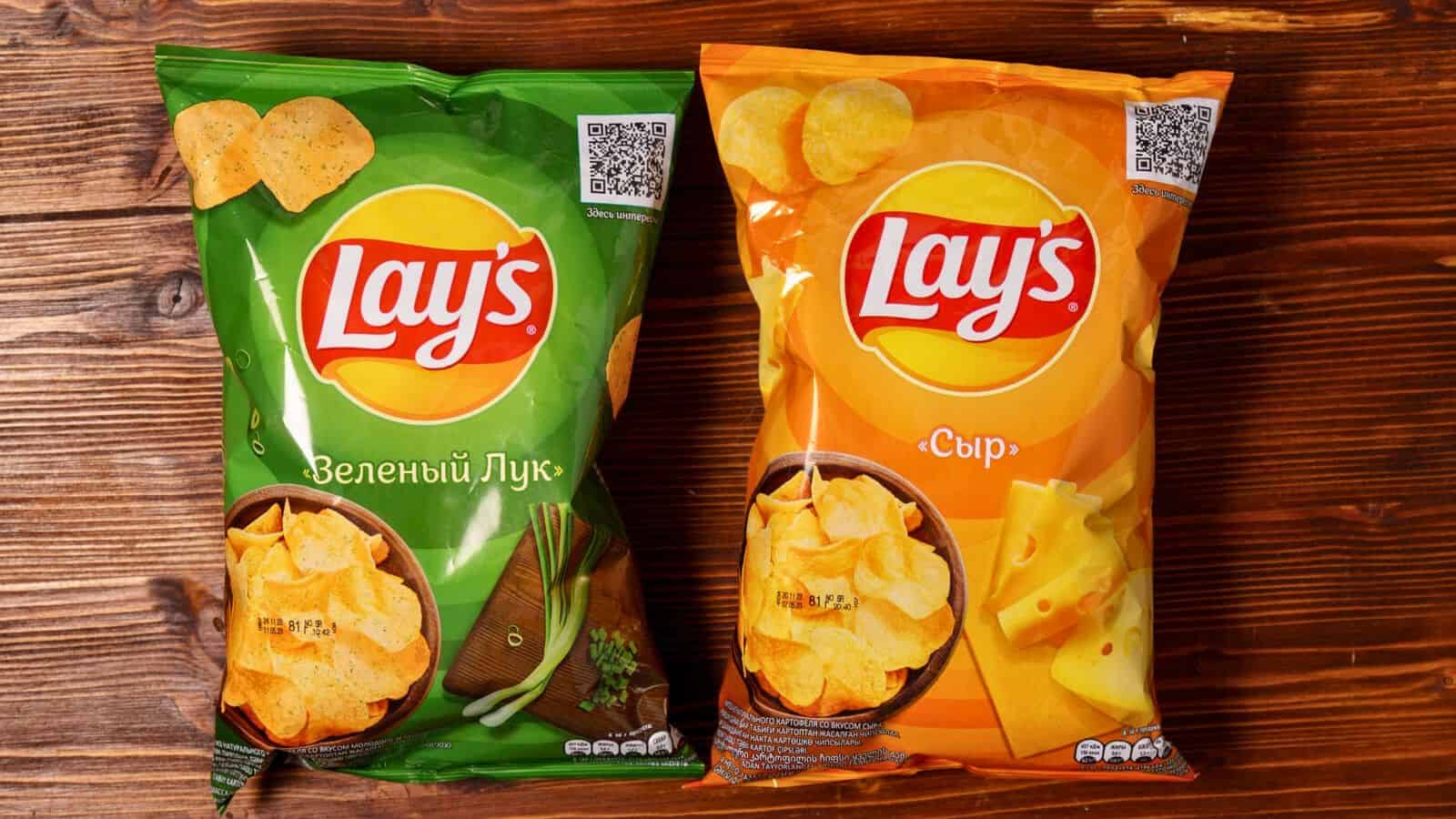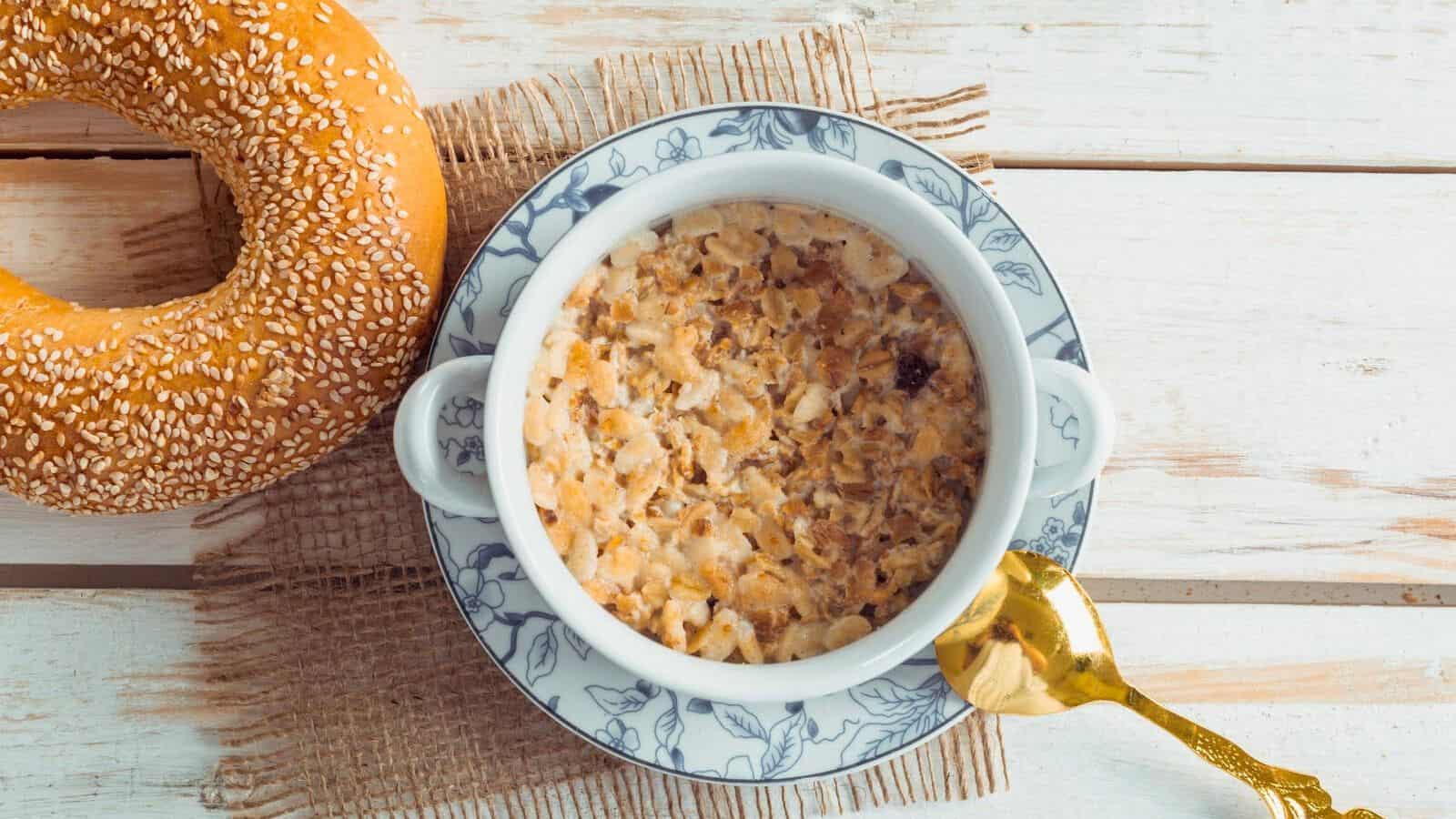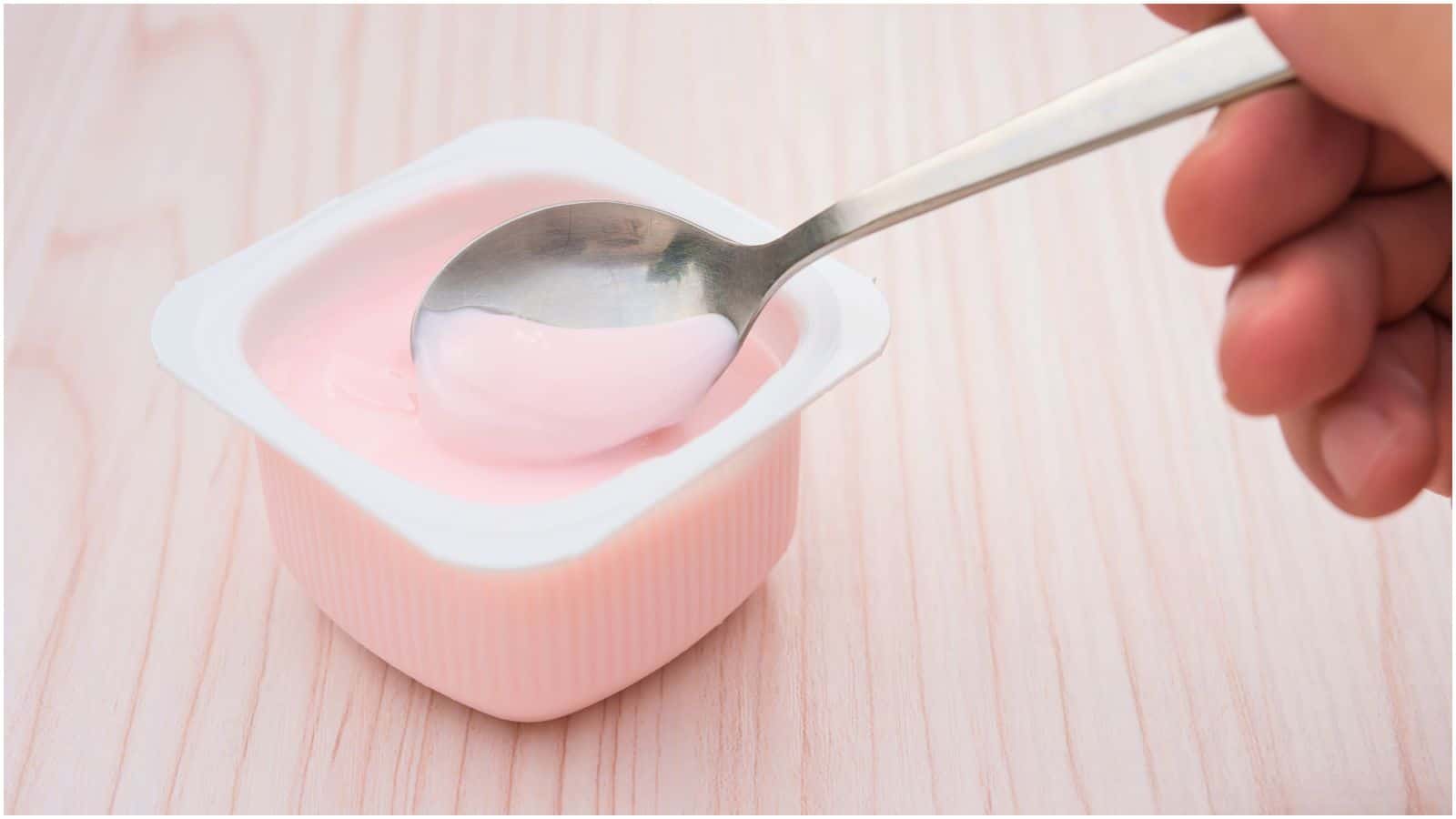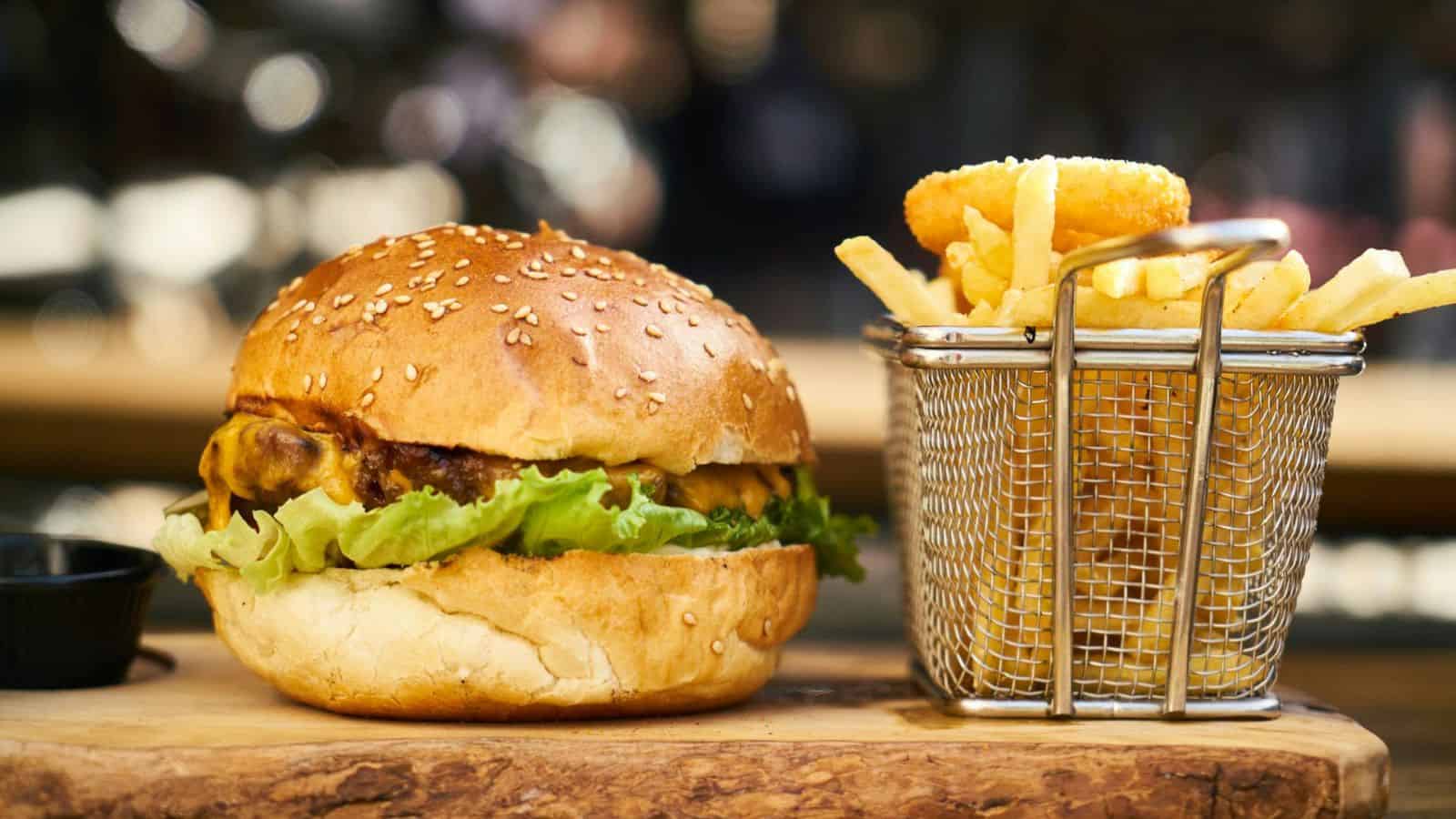Let's face it: navigating the grocery store aisles can be a minefield. Everywhere you turn, there are brightly colored packages promising quick, easy meals or snacks. But not everything that catches your eye is good for you. In fact, there are 13 ultra-processed foods that can sneak unhealthy ingredients into your diet.
Ultra-processed foods have become a staple in many households because they save time and effort in meal preparation. However, they come at a cost to your health. Regular consumption of these foods can lead to a host of health problems, including obesity, heart disease, and diabetes. The high levels of additives, preservatives, and artificial ingredients can also affect your body's natural balance and well-being.
Making mindful choices about what you eat can have a significant impact on your health. By steering clear of certain ultra-processed foods, you can take a big step toward better health and more energy. Stick around to learn which foods to avoid and why it's a great move for your well-being.

Sugary Soft Drinks

Sugary soft drinks, including soda and other sweetened beverages, are loaded with high amounts of added sugars, often in the form of high fructose corn syrup. Regular consumption of these drinks is linked to various health issues such as obesity, type 2 diabetes, and dental cavities. They also have empty calories, meaning they add to calorie intake without delivering any essential nutrients. Many soft drinks contain caffeine, artificial flavors, and colors, contributing to their appeal but also to potential health risks. Switching to water, herbal teas, or natural fruit juices is a healthier choice.
Packaged Snacks

Packaged snacks, such as chips and crackers, are typically high in unhealthy fats, sodium, and artificial additives. These snacks often contain trans fats, which are harmful to heart health. The manufacturing process can strip these foods of any natural nutrients, leaving behind a product that is energy-dense but nutritionally poor. The high salt content can lead to increased blood pressure, while artificial flavors and preservatives may have various adverse effects on health. Opting for whole, unprocessed snacks like fruits, nuts, or homemade options can be a better choice.
Instant Noodles

Instant noodles are convenient and cheap, but they come with significant health drawbacks. They are usually high in sodium, which can contribute to hypertension and cardiovascular diseases. The noodles are often fried in unhealthy oils, adding unhealthy fats to the diet. They also contain artificial flavors and preservatives to enhance taste and prolong shelf life, which can have negative health effects over time. Additionally, instant noodles lack essential nutrients like vitamins, minerals, and fiber, making them a poor nutritional choice for regular consumption.
Processed Meats

Processed meats, such as sausages, hot dogs, and deli meats, are known for their high content of sodium, nitrates, and other preservatives. Regular intake of these foods is associated with an increased risk of chronic diseases like cancer, especially colorectal cancer, and heart disease. The processing methods often involve smoking, curing, or adding chemical preservatives, which can form harmful compounds. These meats are also high in saturated fats, which can contribute to unhealthy cholesterol levels. Choosing fresh, lean meats is a healthier alternative.
Frozen Meals

Frozen meals are convenient but often packed with unhealthy ingredients. These meals tend to be high in sodium, which can lead to hypertension, and unhealthy fats that can contribute to cardiovascular diseases. They often contain preservatives and artificial additives to enhance flavor and extend shelf life. Additionally, frozen meals are typically low in essential nutrients like fiber, vitamins, and minerals. The portion sizes may also be misleading, leading to overconsumption. Preparing fresh meals at home using whole ingredients is a healthier and more nutritious option.
Sweetened Breakfast Cereals

Sweetened breakfast cereals are often marketed as a healthy way to start the day, but they can be high in added sugars, artificial colors, and flavors. These cereals can cause a rapid spike in blood sugar levels, followed by a crash, leading to increased hunger and overeating later in the day. They also lack essential nutrients such as fiber, which is important for digestive health. Choosing cereals with whole grains and minimal added sugars, or opting for other breakfast options like oatmeal or yogurt with fresh fruit, can be more beneficial for maintaining energy and health.
Candy and Sweets

Candy and sweets, while enjoyable, are packed with high amounts of sugar and artificial ingredients. Regular consumption of these treats can lead to various health issues, including obesity, tooth decay, and type 2 diabetes. The sugar content has empty calories without any nutritional benefits, contributing to weight gain. Artificial colors and flavors used in candies may also have adverse health effects. Reducing the intake of sugary treats and choosing natural alternatives, like fruits or dark chocolate in moderation, can help maintain better health and well-being.
Store-Bought Baked Goods

Store-bought baked goods, such as cookies, cakes, and pastries, are often loaded with unhealthy ingredients like trans fats, refined sugars, and artificial additives. These ingredients can contribute to various health issues, including obesity, heart disease, and diabetes. The refined sugars and unhealthy fats increase the calorie content while giving little nutritional value. Additionally, preservatives and artificial flavors are commonly used to extend shelf life and enhance taste. Baking at home using healthier ingredients can be a better alternative for enjoying baked treats.
Flavored Yogurts

Flavored yogurts often contain high amounts of added sugars and artificial flavorings, making them less healthy than plain yogurt. These added sugars can contribute to weight gain, increased risk of type 2 diabetes, and other metabolic disorders. The artificial flavors used to enhance the taste may also have negative health effects. Plain yogurt, which is rich in probiotics, calcium, and protein, is a healthier option. Adding fresh fruits, nuts, or a drizzle of honey to plain yogurt can impart natural sweetness and additional nutrients without the added sugars and artificial ingredients.
Energy Bars

Many energy bars, despite being marketed as healthy snacks, can be high in sugar and contain artificial ingredients. These bars often use sweeteners, such as high fructose corn syrup or sugar alcohols, which can lead to energy spikes and crashes. Additionally, some energy bars contain unhealthy fats and lack essential nutrients like fiber and protein, making them less nutritious than they appear. Choosing bars with natural ingredients, minimal added sugars, and higher protein and fiber content, or making homemade energy bars, can be a better option for a healthy snack.
Packaged Bread

Packaged bread, especially white bread, often contains preservatives, refined flour, and added sugars. The refining process removes the bran and germ, stripping the flour of important nutrients like fiber, vitamins, and minerals. This results in a product that can cause rapid spikes in blood sugar levels. Preservatives and additives are used to extend shelf life and improve texture but may have health implications. Opting for whole grain or whole wheat bread with minimal additives can deliver more nutritional benefits, including improved digestion and sustained energy levels.
Margarine

Margarine is often used as a butter substitute, but it can contain trans fats and artificial ingredients. Trans fats are particularly harmful as they can increase bad cholesterol levels and lower good cholesterol, leading to an increased risk of heart disease. Additionally, margarine may contain artificial colorings and preservatives to enhance appearance and shelf life. Some margarines are made from highly processed vegetable oils, which can be less healthy than natural fats. Choosing natural butter or spreads made from whole ingredients is a healthier choice for maintaining heart health.
Fast Food Items

Fast food items, such as burgers, fries, and fried chicken, are typically high in unhealthy fats, sodium, and artificial additives. Regular consumption of these foods is linked to obesity, heart disease, and other chronic health conditions. The cooking methods often involve deep frying in unhealthy oils, adding trans fats and excessive calories. Fast food meals are also often low in essential nutrients like fiber, vitamins, and minerals. Reducing the intake of fast food and opting for homemade meals with fresh ingredients can significantly improve health and reduce the risk of chronic diseases.
Skip the Fake and Feel Great

In the hustle and bustle of daily life, it can be tempting to grab whatever is quick and easy. But making a habit of avoiding ultra-processed foods can lead to great health benefits. These foods are often loaded with unhealthy fats, sugars, and artificial additives that can harm your body over time.
Instead, focusing on whole, natural foods can boost your energy, improve your mood, and support your health. Think about small changes you can make in your daily routine. Swap out sugary drinks for water or herbal teas, choose fresh fruits and vegetables over packaged snacks, and cook simple meals at home instead of relying on frozen dinners.
So, the next time you're at the grocery store, take a moment to read the labels and choose wisely. Your body will thank you for it. By avoiding ultra-processed foods, you're making the perfect choice for a healthier, happier life!






Tell Me What You Think!